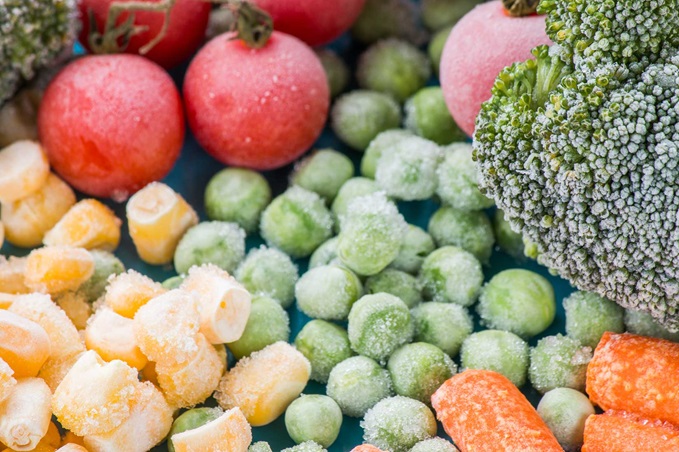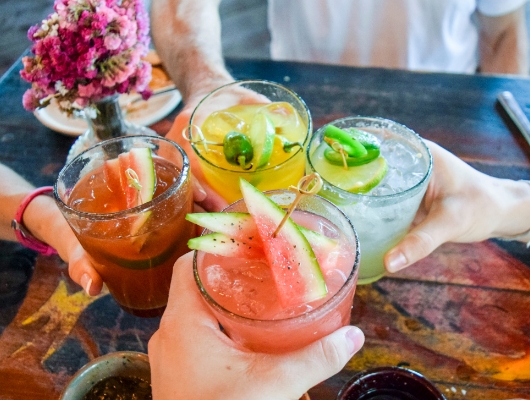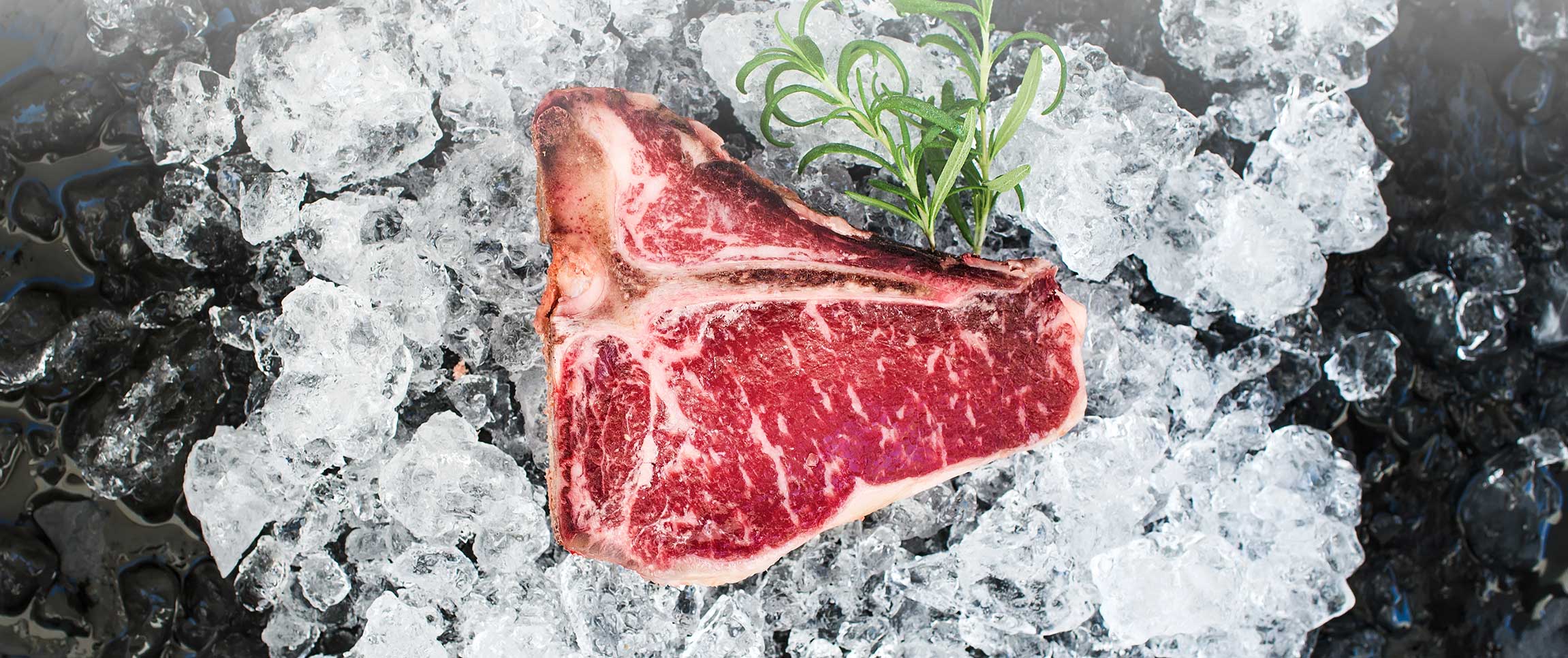Many of us in the chef community have been conflicted over the use of frozen food vs. fresh.
I’m now convinced as an operator that my ego has gotten in the way of my success at times regarding this topic. I’m here to tell you about my change in perception as it relates to this subject. Frozen foods – at least the right ones, can be beneficial for our environment, our health and our sustainability, and yes, they can be delicious!
Frozen foods offer many benefits such as cost and labor savings, reduced waste and increased profits. I think we all know the labor challenges the industry faces moving forward, and frozen products can replace several high labor production items while not sacrificing “end result” quality.
Today’s technology in packaging has created a much more advanced system of freezing from fresh that offers several nutritional advantages. Quicker freezing techniques have resulted in less moisture absorption during the process and less purge during thawing. Many studies show that frozen fruit and vegetables offer equal and sometimes more amounts of nutrients than their fresh counterparts, which lose these nutrients as they sit on the shelf. Many items also contain more vitamins and antioxidants as well. Frozen food gets a bad rap, but this is old school thinking.
 Frozen foods also offer the option of buying several great seasonal items year-round, especially as it relates to fruit and vegetables. There are also many “clean label” frozen products available on today’s market. Read the package, educate yourself and your staff, and help those around you by sharing the information.
Frozen foods also offer the option of buying several great seasonal items year-round, especially as it relates to fruit and vegetables. There are also many “clean label” frozen products available on today’s market. Read the package, educate yourself and your staff, and help those around you by sharing the information.
Frozen fish is my go too choice in many instances. Often fresh fish has been freshened (thawed) twice, and thrice frozen before delivering, so product that has been frozen immediately after the catch will be the product of choice for less money.
Bringing in frozen proteins (beef, pork, chicken, lamb, etc.) can also offer a huge cost savings to the operator with no noticeable difference in quality if handled correctly. The key with these products is to slowly thaw them under refrigeration. This option also allows the operator to pull protein as needed without the worry of lost center of the plate food cost. Remember – frozen food has a much longer shelf life than fresh. So, balance your storage between the two and feel confident knowing you are doing the right thing for all those around you.
Food waste is one of the most pressing issues we face as operators – frozen food can be part of the solution. As chefs, we have the ultimate responsibility of creating beautiful flavors for our customers, as well as running successful and sustainable business. Creativity and quality don’t stop because you used something frozen. As things continue forward in the “zero waste” movement, freezing is the future for increased savings. This standard will take place with incoming product as well as production foods. Zero waste will be the future of successful and sustainable kitchens.
The right kind of frozen food can be beneficial for our environment, our health and our lives, and yes, it can be delicious!



